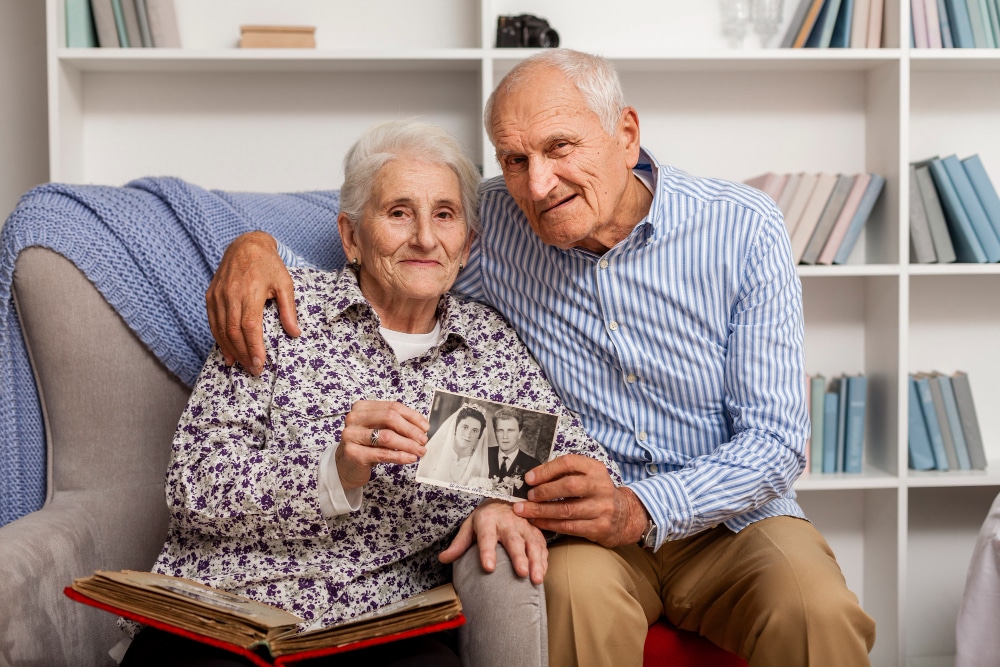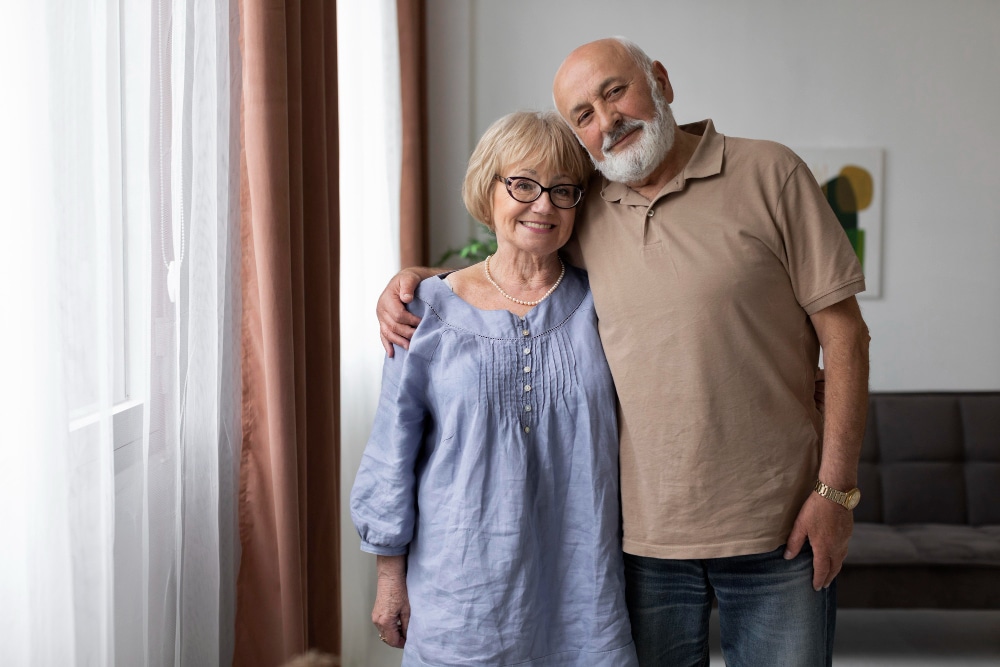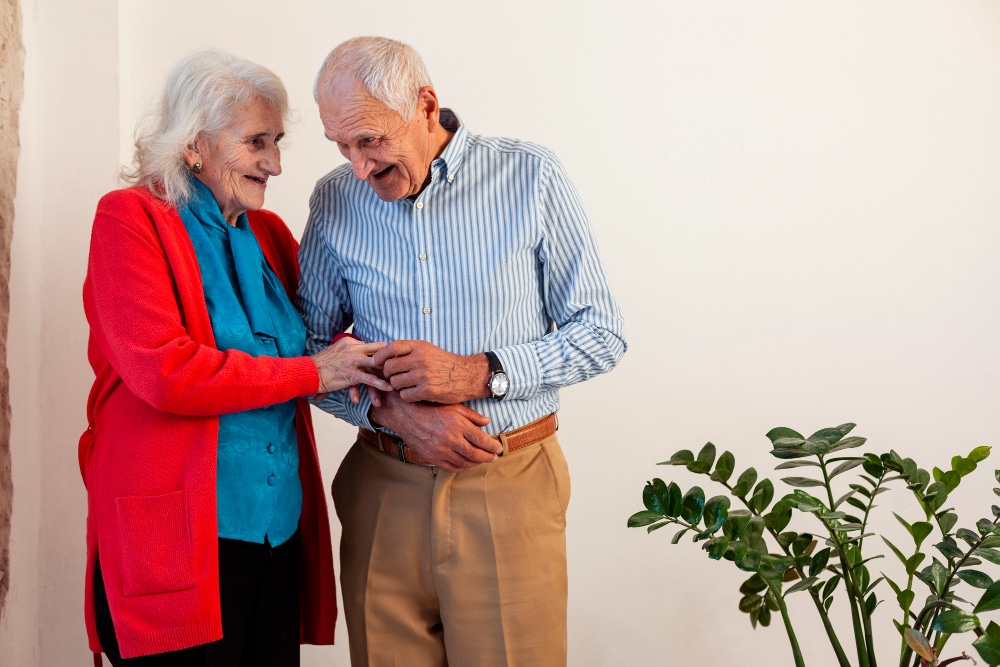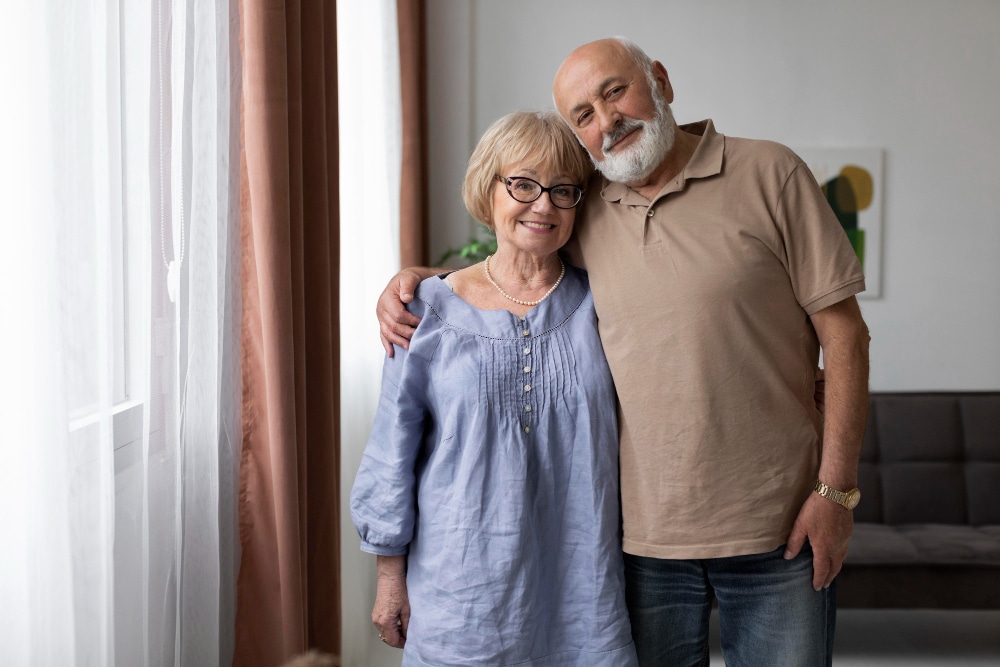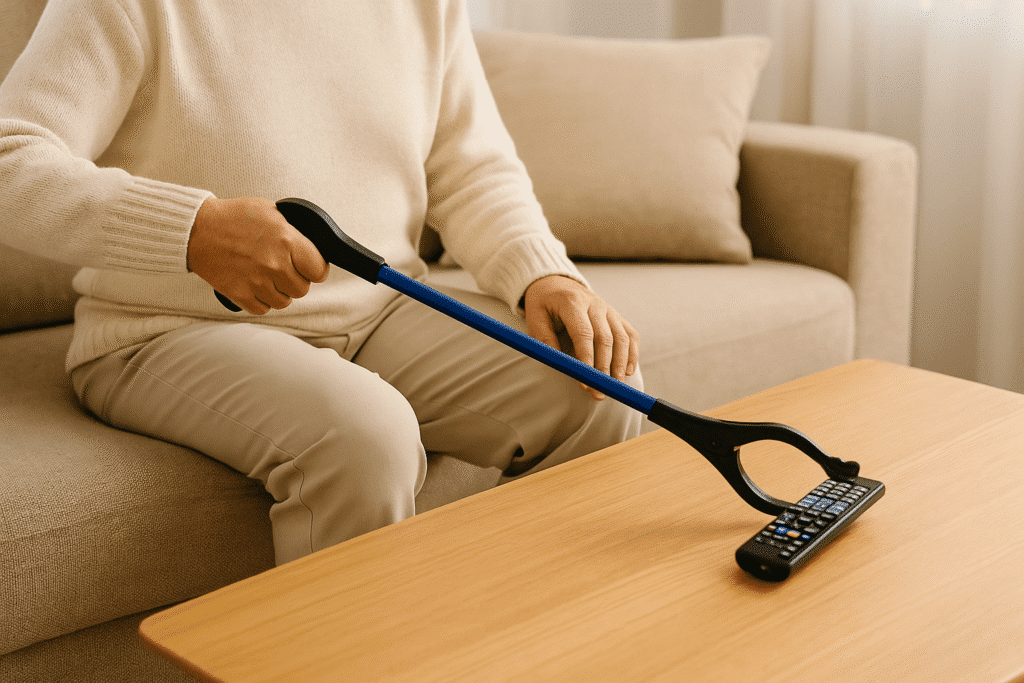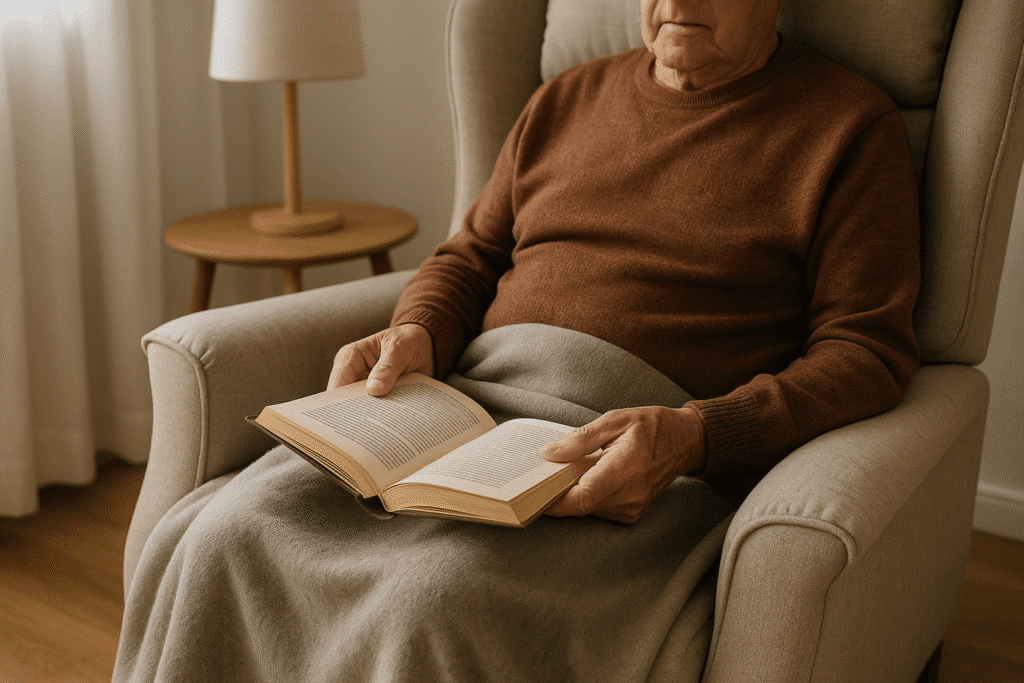Feeling unusually exhausted all of a sudden can be worrying, especially for older adults. While it’s normal to slow down with age, sudden extreme fatigue often points to an underlying issue that needs attention.
It can come on quickly, sometimes within hours or days, and make even simple activities like getting dressed or walking across the room feel draining.
In this guide, I’ll walk you through the most common medical causes behind sudden fatigue in seniors, what signs to watch for, and when it’s time to talk to a doctor.
Key Summary:
Sudden extreme fatigue in the elderly can stem from infections, heart or thyroid issues, anemia, medication side effects, or dehydration. Poor sleep, low activity, and emotional stress like depression or loneliness also contribute. In some cases, it may signal a serious condition requiring prompt medical care.
Medical Causes of Sudden Fatigue
In many older adults, fatigue isn’t just about being tired; it’s the body’s way of signaling that something deeper is going on.
Below are some of the most common medical causes of sudden exhaustion in seniors.
1. Infections That Drain Energy
Even mild infections can cause a sudden drop in energy in older adults.
Conditions like urinary tract infections (UTIs), pneumonia, or even the flu may not always cause fever or obvious symptoms in seniors.
Instead, fatigue, weakness, or confusion might be the first signs that something’s wrong.
Older bodies often respond differently to infections because the immune system weakens with age. A UTI, for example, can quickly lead to exhaustion and dehydration if not treated promptly.
If you or a loved one suddenly feels weak or unusually sleepy, it’s wise to check for infection right away.
Read more: How to help aging parents stay independent at home
2. Chronic Conditions Affecting Circulation and Oxygen
Many chronic illnesses reduce the body’s ability to deliver oxygen and nutrients efficiently, leaving you feeling tired even after rest.
Heart disease, arrhythmias, diabetes, chronic kidney disease, and COPD are all common culprits.
When the heart or lungs can’t supply enough oxygen, or when blood sugar levels fluctuate, the body compensates by working harder, causing persistent fatigue.
A sudden spike in tiredness could mean one of these conditions is flaring up or becoming unstable, so it’s important to get checked by a healthcare provider.
3. Anemia and Nutrient Deficiencies
Low levels of iron, vitamin B12, or vitamin D are frequent causes of tiredness among older adults. Anemia reduces oxygen flow to muscles and organs, making even light activity exhausting.
Vitamin B12 deficiency is particularly common with age because the body becomes less efficient at absorbing it from food.
If you often feel weak, pale, or short of breath, your doctor may recommend blood tests and possibly supplements or dietary adjustments.
Read more: How to increase appetite in the elderly
4. Thyroid Disorders
Your thyroid gland helps regulate metabolism, temperature, and energy levels.
Both hypothyroidism (underactive thyroid) and hyperthyroidism (overactive thyroid) can lead to fatigue.
With hypothyroidism, you may feel sluggish, gain weight easily, or feel cold all the time. Hyperthyroidism, on the other hand, can cause restlessness, rapid heartbeat, and exhaustion due to an overworked system.
Thyroid issues are easily detected with a blood test and can often be managed effectively with medication.
5. Medication Side Effects
Many prescriptions commonly used by seniors, like beta blockers, antidepressants, sleep aids, and antihistamines, list fatigue as a side effect.
These medications can slow the heart rate, affect blood pressure, or interfere with alertness and energy.
If you notice a sudden dip in energy after starting or changing a medication, don’t stop taking it on your own. Instead, talk with your doctor or pharmacist.
Sometimes a small adjustment or alternative prescription can make a big difference in how you feel.
6. Dehydration and Electrolyte Imbalance
Dehydration is one of the most overlooked causes of fatigue in older adults. As we age, our sense of thirst becomes less sensitive, so it’s easy to drink too little water.
Certain medications, like diuretics or laxatives, can make dehydration worse.
When your body lacks fluids or key electrolytes (like sodium and potassium), your heart has to work harder to pump blood, leading to tiredness, dizziness, or even confusion.
Keep a water bottle nearby, and aim for small, regular sips throughout the day. Herbal teas, soups, and fruits with high water content also help.
Mental and Emotional Causes
Sudden extreme fatigue isn’t always caused by a physical illness. Our emotional and mental well-being play just as big a role in how much energy we have each day. Many older adults experience fatigue that’s linked to mood, stress, or loss rather than medical conditions.
7. Depression and Anxiety
Depression and anxiety are two of the most common emotional causes of fatigue in seniors.
When someone feels persistently sad, hopeless, or anxious, their brain and body stay under stress, draining energy over time.
Depression in older adults often looks different than in younger people. Instead of sadness, it may show up as low motivation, irritability, or constant tiredness.
Anxiety, on the other hand, keeps the body in a “fight or flight” state, which uses up energy quickly and leads to exhaustion.
In my experience, many seniors don’t realize that their fatigue could be emotional in nature. Talking to a counselor, staying socially active, or joining support groups can help rebuild energy and purpose.
8. Grief, Loneliness, and Loss of Purpose
Emotional fatigue can also come from grieving a loved one, living alone, or losing a sense of daily purpose. The mind and body are closely connected, so emotional pain often shows up as physical exhaustion.
Many older adults who live alone or have recently retired describe feeling “tired for no reason.”
That tiredness often eases once they reconnect socially or find small, meaningful routines again, like volunteering, gardening, or caring for a pet.
Staying emotionally connected is one of the simplest yet most powerful ways to protect both mood and energy.
Lifestyle and Environmental Factors
Everyday habits and surroundings also have a big impact on how energized or drained we feel. Poor sleep, inactivity, or even weather changes can all trigger sudden fatigue in older adults.
9. Poor Sleep Quality
Sleep problems are very common in seniors and one of the top causes of fatigue.
Conditions like sleep apnea, restless leg syndrome, or even frequent nighttime bathroom trips can make it hard to get deep, restorative rest.
If you often wake up tired despite sleeping through the night, it may help to review your sleep habits or talk to a doctor about a sleep study.
Establishing a calm bedtime routine, reducing caffeine, and keeping the bedroom cool and quiet can make a real difference.
Read more: How to help the elderly get out of bed safely
10. Sedentary Lifestyle
A lack of movement weakens muscles and circulation, which can make even small tasks feel exhausting. Many seniors fall into a cycle where fatigue leads to inactivity, and inactivity causes even more fatigue.
Gentle, low-impact exercises like walking, stretching, or chair yoga can help break that cycle.
When I work with older adults, I often recommend starting with just five to ten minutes a day and gradually building up. Even short walks can noticeably boost energy levels.
11. Poor Nutrition and Hydration
Skipping meals or eating mostly processed foods can lead to low blood sugar and nutrient deficiencies that cause tiredness.
Seniors need enough protein, fiber, and vitamins to maintain strength and stamina.
Staying hydrated is equally important. Aim for steady fluid intake throughout the day rather than all at once.
Water, soups, and fruit are simple ways to maintain hydration, especially for those who don’t feel thirsty often.
12. Temperature and Air Quality
Extreme heat, cold, or poor air quality can all make seniors feel more fatigued. In hot weather, the body works harder to cool itself; in cold conditions, it uses extra energy to stay warm.
For older adults with heart or lung conditions, humidity or pollution can also trigger breathlessness and exhaustion.
Keeping indoor temperatures stable, using fans or air purifiers, and dressing appropriately for the weather can help preserve comfort and energy throughout the day.
How to Manage and Prevent Fatigue in Older Adults
Fatigue can often be improved, and sometimes prevented, with small, consistent lifestyle changes. Here are some simple ways older adults can protect and restore their energy:
- Stay active daily. Light exercise like walking or gentle stretching improves circulation and stamina.
- Eat balanced meals. Include lean protein, whole grains, fruits, and vegetables to stabilize energy levels.
- Stay hydrated. Keep water or herbal tea nearby and take small sips throughout the day.
- Get regular checkups. Blood tests can detect thyroid issues, anemia, or vitamin deficiencies early.
- Review medications. Ask your doctor or pharmacist to check for fatigue-related side effects.
- Prioritize sleep. Maintain a bedtime routine and limit caffeine or screen time at night.
- Connect socially. Spending time with friends or joining community groups can lift mood and reduce emotional fatigue.
These small adjustments, practiced regularly, often lead to a noticeable improvement in alertness, mood, and overall quality of life.
When Sudden Fatigue Is a Medical Emergency
While fatigue often develops slowly, a sudden and severe drop in energy can sometimes signal a medical emergency. The key is to notice what else is happening along with the tiredness.
If fatigue comes on abruptly, within hours or a day, and feels overwhelming or “different than usual,” it’s important to act quickly.
Call for immediate medical help if fatigue appears with any of these symptoms:
- Chest pain, shortness of breath, or irregular heartbeat
- Sudden confusion, dizziness, or fainting
- Weakness or numbness on one side of the body
- Vision changes or slurred speech
- Swelling in the legs or ankles
- High fever or signs of infection
These can be signs of serious problems like a heart attack, stroke, or severe infection (sepsis). Even if symptoms seem mild, it’s always safer to get checked.
Many older adults try to “wait it out,” but early treatment can make all the difference in preventing complications.
Read more: How to exercise at home for seniors with limited mobility
Final Words
Sudden extreme fatigue in the elderly is common, but it’s rarely “just aging.” It’s often your body’s way of signaling that something isn’t right, whether that’s dehydration, an infection, or an underlying medical or emotional condition.
By paying attention to changes in energy, staying active, eating well, and seeking help when needed, older adults can regain strength and enjoy a more balanced, fulfilling daily life.
With the right care and a few steady habits, it’s entirely possible to keep fatigue from taking over and maintain independence for years to come.
Lauren brings 8+ years of writing experience focused on accessibility, home organization, and senior living. Her practical guides are shaped by conversations with seniors and caregivers, helping readers simplify daily tasks with clarity and confidence.

